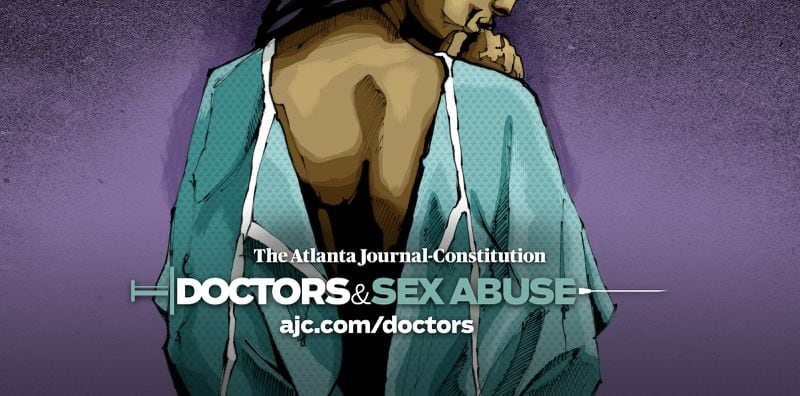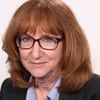As states have imposed new restrictions on opioid prescribing, some doctors have devised dodges, according to allegations in disciplinary documents and court records.
Prescribe unnecessary drugs
In Florida, Dr. Laurence Mark Skolnik reportedly said that to allay state concerns about doctors who prescribed only addictive and dangerous drugs to pain patients, he also prescribed small amounts of various, seemingly innocuous medications, needed or not. That way, he was less likely to get flagged. He also allegedly coached an undercover agent posing as a patient on excuses that could be used to get more than 72-hours' worth of controlled substances at a time. Skolnik was arrested last year on trafficking charges, and the health department banned him from prescribing, saying he had written orders for more than 980,000 doses of controlled substances in a year's time.
Sign up non-pain patients
Faced with new pain clinic rules in West Virginia, Dr. J. Derek Hollingsworth first notified patients in 2014 that he would close his clinic. Then he sent a second letter advising them how they could continue to get their prescriptions for chronic pain. He said he was opening a family medicine clinic, and if each patient could refer two new patients who didn’t need controlled substances, he could maneuver “around the requirement that the practice be licensed as a chronic pain clinic,” the Board of Osteopathic Medicine alleged. In 2016, it suspended his license, which is now listed on the board’s website as expired. Ohio revoked his license.
Prescribe methadone
In Pennsylvania, Dr. Stephen Charles Padnes allegedly "determined which drugs and which quantities to prescribe based not on medical need but on avoiding detection," according to an undercover Drug Enforcement Administration investigation. He also reportedly liked to prescribe methadone because "nobody looks at methadone like that." The DEA said he performed only cursory exams at best before prescribing opioids, medical board records show. His license was suspended last year.
Give drugs at the hospital
In Washington, Dr. Victor O. Brooks repeatedly admitted some chronic pain patients to the hospital at night or on weekends to avoid its emergency department, then administered IV pain medications. Opioids administered in hospitals are not reported to the Prescription Monitoring Program. Some patients had frequent hospitalizations: One had 36 in little more than two years. The board said Brooks failed to recognize that drug dependency caused the frequent hospitalizations and last year restricted him from prescribing narcotics. In March, citing his cooperation, the commission gave him the OK to reapply for his DEA registration.
Hide the money
After Dr. Washington G.B. Bryan II got in trouble with the California medical board for excessively prescribing narcotic medications, he came up with a plan to continue to see people who would pay cash for painkillers. Bryan deposited the payments — about $478,000 in 15 months — in four bank accounts in amounts that avoid federal reporting requirements. Often, he made deposits at multiple banks on the same day. In March, he was sentenced to 33 months in prison for circumventing the reporting law.
Make drugs yourself
In Florida, Dr. Johnny Clyde Benjamin Jr. is accused of evading restrictions on opioid prescriptions by importing fentanyl from China and buying a tablet press and other supplies on eBay so he could press the pills himself, passing them off as oxycodone. After his October arrest, he was jailed with no bond, The Palm Beach Post reported. A federal indictment accuses him of conspiracy to possess with intent to distribute a controlled substance resulting in death. He is still actively licensed.
Note: The AJC reached out to the doctors for comment but was unable to talk with them.
» Read the AJC's award-winning investigation, Doctors and Sex Abuse: AJC 50-state investigation
About the Author








